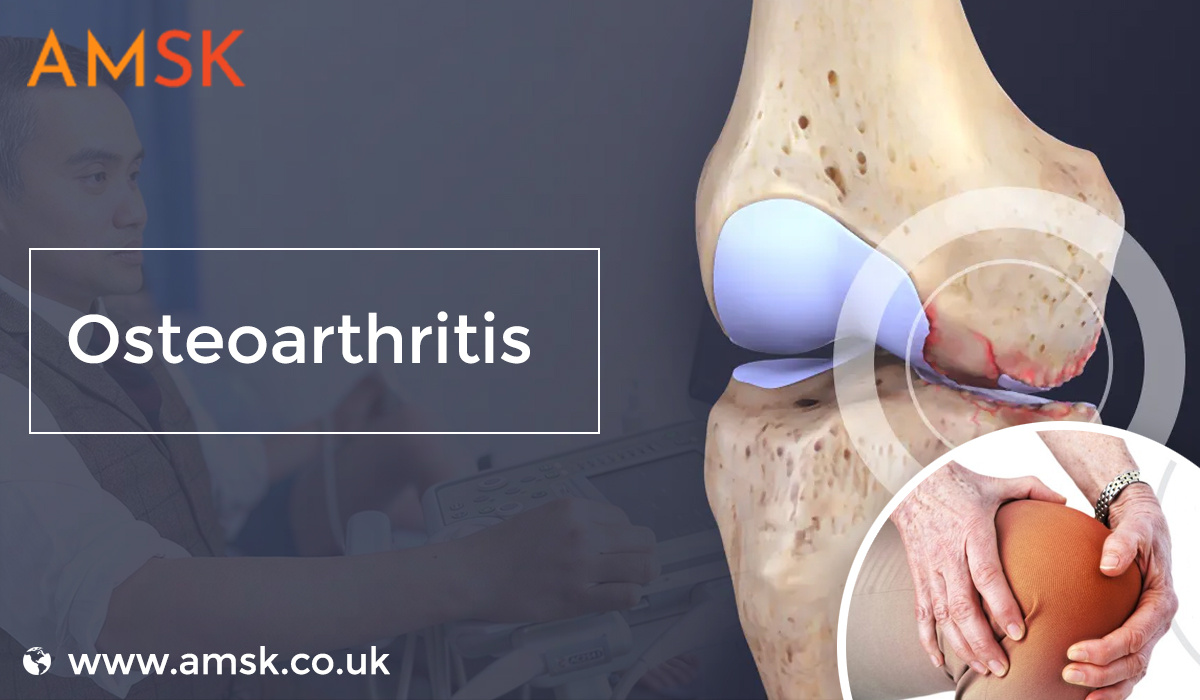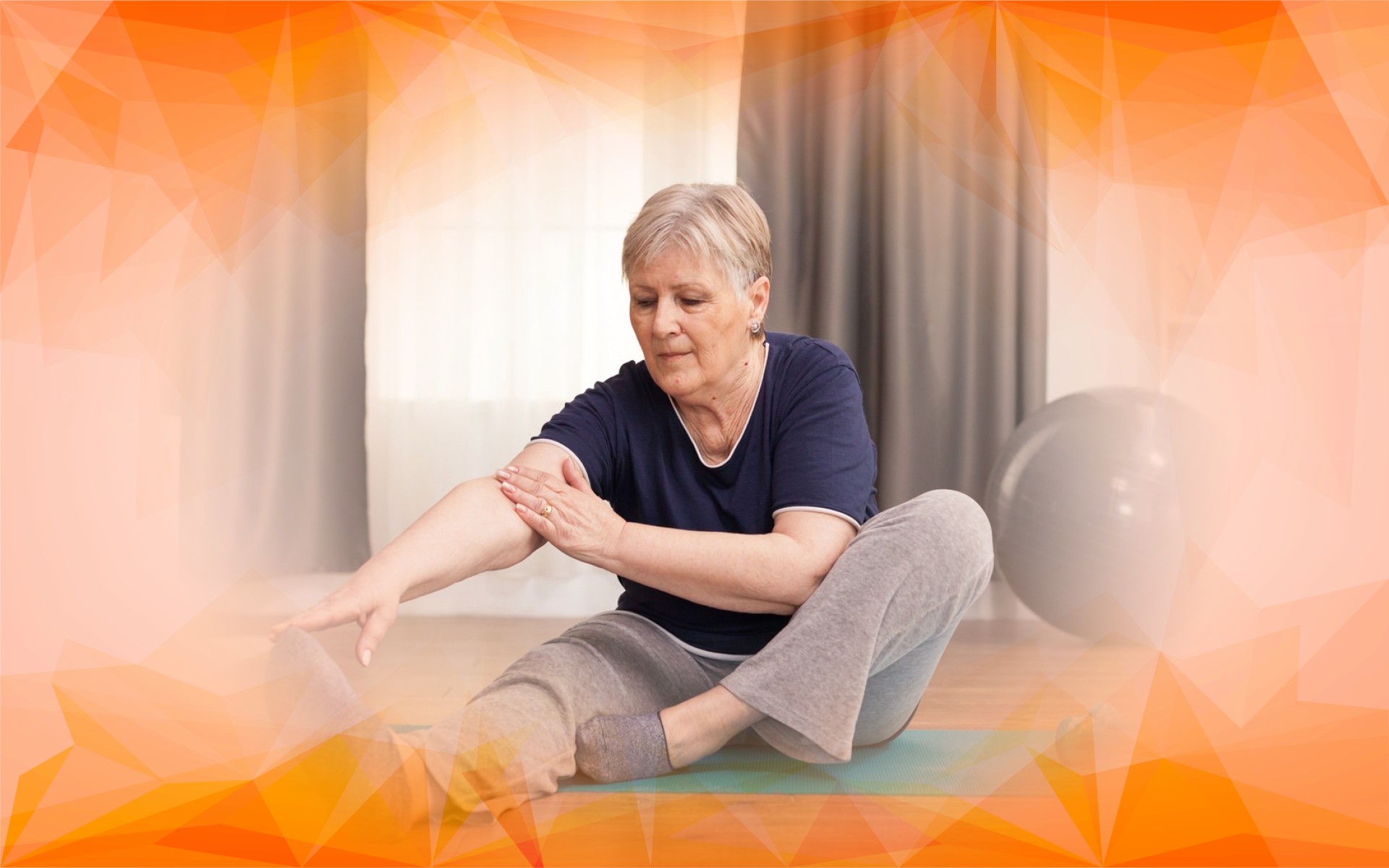Osteoarthritis is the most common form of arthritis, affecting millions of people worldwide. It is a degenerative disease of the joints that can cause pain, stiffness, and swelling and can lead to people having knee replacements earlier than required. In the past, osteoarthritis was considered a disease of the elderly, but it is now known that it can affect people of all ages.
The prevalence of osteoarthritis in young people is on the rise. Osteoarthritis can have a significant impact on a person’s quality of life, and it is important to understand the causes and risk factors for the disease. Keep reading to learn more about osteoarthritis and its prevalence in young people and how Arthrosamid can be an alternative to knee replacement.
What is Osteoarthritis?
Osteoarthritis is a type of joint disease that causes damage to the cartilage that covers the ends of your bones. Cartilage is a firm but elastic tissue that cushions the ends of your bones and allows your joints to move smoothly.
Osteoarthritis can occur in any joint, but it most commonly affects joints in your hands, knees, hips, and spine. When the cartilage that protects your joints breaks down, the bones rub against each other, causing pain, swelling, and stiffness.
Osteoarthritis is a degenerative disease, which means it gets worse over time. There is no cure for it, but there are treatments that can help relieve your pain and improve your quality of life, such as arthrosamid.
What are the causes?
The causes of osteoarthritis differ between somebody who is young and an older person with the condition. In older people, this condition normally occurs due to long-term wear and tear of the joints which is naturally occurring. Here are some examples of causes in young people:
Being overweight
- Living a sedentary lifestyle
- Poor posture when sitting or lifting
- Joint injuries
- Family history
- Having diabetes or hormone growth disorder
How does it affect young people?
Although it is more common in older people, many people in their teens, ’20s and 30s can suffer from the condition. The symptoms are generally the same: swelling, pain in the joint, reduced movement and popping/clicking noises. Early onset osteoarthritis can affect a young person’s ability to carry out their job or perform their favourite exercise. This can also affect their mental well-being. It can also impact their ability to go to school or to go to work. If time off is needed to attend appointments or have surgeries, the pain and the time off needed for that will impact those things.
An innovative way to treat osteoarthritis: Arthrosamid
Arthrosamid is an intra-articular polycrylamide hydrogel injection for the symptomatic treatment of knee osteoarthritis. Once injected into the inner joint cavity, it restores viscosity within the synovial fluid, improving lubrication and cushioning of the joint. Arthrosamid also integrates into the synovium of the inner joint capsule creating a cushion-like effect.
In clinical trials, patients reported a significant reduction in their pain symptoms by week 4 after their injection and unlike other injectable treatments, the level of reduction was maintained at the 1 year follow-up period. This is an alternative treatment to knee replacements as is normally recommended to people who suffer badly from knee osteoarthritis. If we can avoid this, it is beneficial for everyone involved.
While osteoarthritis is commonly thought of as a disease that affects older people, it can actually affect people of all ages. The prevalence of osteoarthritis in young people is on the rise, and it can be debilitating for all sufferers. If you are experiencing joint pain, it is important to see a professional for a diagnosis and treatment plan, which may include Arthrosamid when discussed instead of knee replacements.
Stay tuned to read our upcoming blogs on Arthrosamid knee treatment, average Arthrosamid cost, Arthrosamid NHS, etc.




